D-Mite for Cat and Dog Ear mites, ticks and other insects
₨1,100.00 Original price was: ₨1,100.00.₨800.00Current price is: ₨800.00.
Category: Pets Medicine
Brand: Alpha
Only logged in customers who have purchased this product may leave a review.
Related products
-17%
Pets Medicine
-33%
Cat Shampoos
₨700.00 – ₨1,200.00Price range: ₨700.00 through ₨1,200.00
This product has multiple variants. The options may be chosen on the product page -40%
Pets Medicine
-33%
Cat Shampoos
₨800.00 – ₨1,200.00Price range: ₨800.00 through ₨1,200.00
This product has multiple variants. The options may be chosen on the product page -28%
Pets Medicine
-12%
Pets Medicine
₨2,200.00 – ₨4,400.00Price range: ₨2,200.00 through ₨4,400.00
This product has multiple variants. The options may be chosen on the product page -25%
Dog Supplements
-25%
Pets Medicine




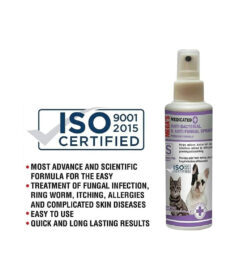
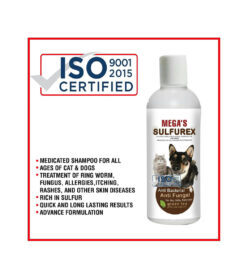
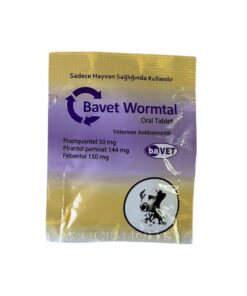
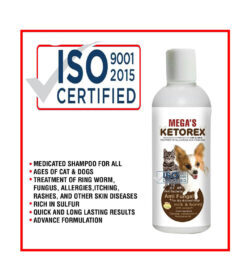
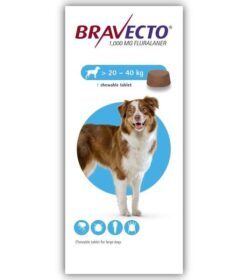
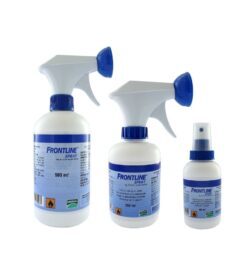
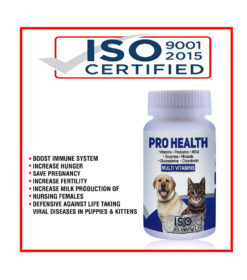
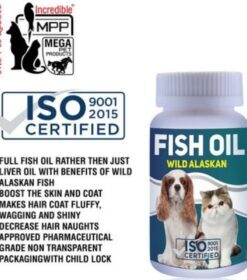
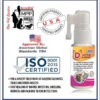
Reviews
There are no reviews yet.